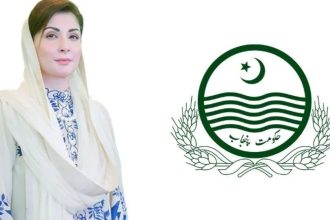Medicine is traditionally seen as a noble vocation, akin to a prophetic calling, where doctors are revered as healers. However, this idea faces challenges in some areas due to a decline in the humane essence of healthcare.
A recent incident at Rashid Hussain Memorial Hospital in Pabbi, Nowshera, Khyber Pakhtunkhwa, has ignited widespread controversy. Medical neglect led to the death of one individual due to alleged negligence, which sparked protests by the deceased’s family, resulting in the temporary closure of the outpatient department (OPD), exacerbating the plight of other patients in need of care.
The closure prompted intervention from a Member of the National Assembly, which facilitated the reopening of the OPD. Hospital staff initially halted their work in protest of perceived interference and lack of government protection but resumed after assurances were given.
The event disrupted medical services and strained the relationship between healthcare providers and the community. Despite the reopening of the OPD following advocacy by healthcare unions, deeper systemic issues within the facility remain unaddressed.
Further complicating matters, another patient, reportedly a drug addict without family, was left critically unattended outside the emergency ward. After languishing in agony for three hours in a wheelchair, he died. His referral to a hospital in Peshawar was too late, and his ordeal, captured on CCTV, ended in an anonymous burial after his unattended death.
The hospital is now under intense scrutiny, and authorities have committed to investigating the lapses that led to these tragic outcomes. These incidents underscore the urgent need for stringent adherence to care standards and robust governmental oversight to protect and hold healthcare facilities accountable.






